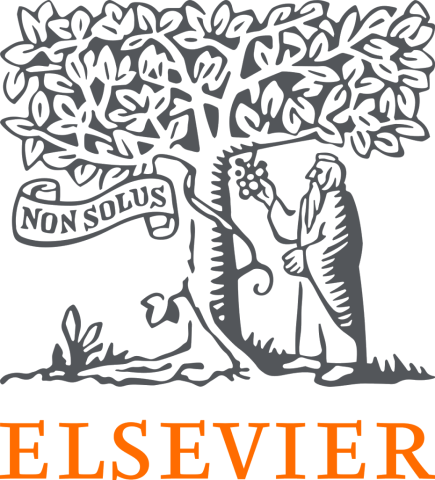
How to build a citizen science research culture
Practical advice for building inclusive and innovative research cultures that prepare students for real-world challenges
Research management
Sponsored by

Elsevier helps researchers and healthcare professionals advance science and improve health outcomes for the benefit of society.
You may also like
Popular resources
The 21st-century research landscape increasingly prioritises citizen science, community engagement and diverse perspectives. For universities aiming to foster this evolution, creating environments that actively engage early-career researchers and students is essential.
Established in 2013 to address the challenges of an ageing population, the Centre for Ageing and Mental Health (Camh) has embraced a collaborative, multidisciplinary, intergenerational approach to research. To enhance their research impact, universities could adopt a similar ethos by bringing together professionals from diverse age groups and backgrounds to co-create solutions. Drawing expertise from fields such as mental health, nursing and even the fire service enriches research with unique perspectives and enhances problem-solving capabilities.
When setting up such environments, institutions should ensure that early-career researchers are fully integrated into the research process. This might involve giving them meaningful roles in designing studies, conducting literature reviews and managing projects. These experiences empower individuals and free up senior researchers to focus on high-level strategic and analytic tasks.
Novel methods and community engagement
Consider integrating public contributions into research through lay patient participant involvement (PPI) groups and public diary collections, such as Mass Observation’s 12th May diaries. This approach provides candid qualitative insights while minimising social desirability bias. It not only enriches data but also amplifies the often-overlooked voices of the general population.
After analysing the data, universities could create platforms to make research more accessible, such as Café Scientifique events held in public spaces outside traditional academic settings. These events allow anyone to engage with researchers from various fields and explore the latest scientific ideas in lay terms. Such initiatives foster knowledge exchange, build trust and create opportunities for interdisciplinary collaboration.
- Spotlight: How to engage the public in research
- How to facilitate knowledge exchange and build trust with policymakers
- Embracing disagreement in research co-production
Developing practical research skills
Many universities face the challenge of bridging the gap between academic learning and practical research skills. One way forward is to embed active learning opportunities into students’ academic journeys. Involving students in real-world research projects under the guidance of experienced academics helps them develop skills such as applying for ethics approval, conducting literature reviews and designing surveys. It also gives them insight into whether they want to pursue research as a career. Furthermore, students can gain firsthand exposure to the realities of academic research by engaging in research-based discussions throughout the day, which provides valuable insights into policies, funding and ethics that cannot be fully understood through textbooks or lectures alone.
By providing opportunities such as this, institutions can foster environments that build trust and autonomy, enabling students to take ownership of tasks while providing access to mentorship and support when needed. This balance encourages both skill development and independence, better preparing students for their future careers. These students will be better equipped to contribute to research offices, bringing their own valuable skills shaped by their familiarity with evolving technology. Having grown up in a digital age, they offer fresh perspectives that can help modernise outdated research practices, particularly with the rise of AI authorship in research.
Creating spaces for innovation
To foster creativity and innovation, universities should consider how informal interactions can be integrated into the research culture. At Camh, casual conversations during coffee breaks or over shared meals often spark fresh ideas and strengthen team dynamics. To facilitate this, intentionally designate communal spaces or schedule informal gatherings where researchers of all levels can connect and collaborate.
Strengthen cross-departmental collaboration and trust by promoting interdisciplinary special interest groups where researchers from different fields regularly meet to share their unique perspectives on shared complex challenges, such as improving adult mental health. Additionally, collaborative writing retreats can be established to provide dedicated time and space for researchers to co-develop grant proposals, fostering interdisciplinary bids that benefit from diverse expertise, peer support and constructive feedback.
Key takeaways:
- Build multidisciplinary and inter-generational teams with diverse expertise
- Empower early-career researchers with meaningful roles and responsibilities
- Engage the public through citizen science and accessible outreach initiatives
- Integrate practical, hands-on learning into student experiences
- Encourage collaboration and creativity through informal social spaces
- Foster trust and autonomy to support growth and independence.
By moving beyond traditional approaches, institutions can enhance research outputs and contribute to a more collaborative and informed society.
Aadhi Agilan and Sam O’Keefe are research assistants and Gareth Bilton is a PhD student, all at the University of Chester.
If you’d like advice and insight from academics and university staff delivered direct to your inbox each week, sign up for the Campus newsletter.
Research management
Sponsored by





Comments (1)
or in order to add a comment